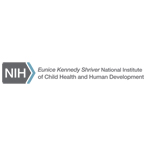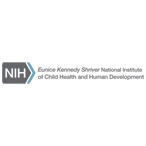New Gene Discovered for Recessive Form of Brittle Bone Disease
Researchers at the National Institutes of Health and other institutions have discovered the third in a sequence of genes that accounts for previously unexplained forms of osteogenesis imperfecta (OI), a genetic condition that weakens bones, results in frequent fractures and is sometimes fatal.


 BACK TO TOP
BACK TO TOP